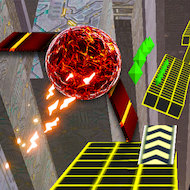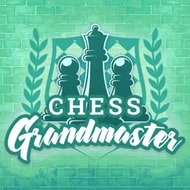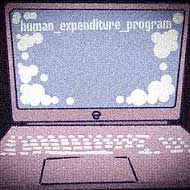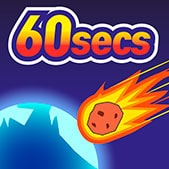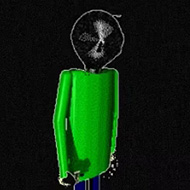
I Didn’t Cheat
I Didn’t Cheat is a tense deduction game where you play a student wrongly accused—or maybe not—of academic dishonesty. With a blend of memory puzzles, bluffing, and conversation manipulation, your mission is to prove your innocence or reshape the story to your benefit.
Classroom Tension and Social Pressure
The game takes place across a single school day but branches into many narrative routes depending on your interactions with classmates, teachers, and evidence. You can be truthful, deceptive, silent, or even accusatory.
- Dialogue-based gameplay: Choose what to say and who to say it to.
- Dynamic suspicion system: Each line of dialogue affects others’ trust levels.
- Reputation ripple: Teachers, friends, and enemies form alliances based on your conduct.
Reconstructing the Event
The key mechanic revolves around memory flashbacks and item placement. You’re tasked with recreating what happened before the test using clues—like who sat where, who passed notes, and where the teacher was at each moment.
- Flashback mini-games: Sequence puzzles and object sorting to unlock memory logs.
- Contradiction spotting: Use inconsistencies in others’ stories to shift blame.
- Notebook tool: Organize facts, rumors, and secret overheard conversations.
Endings Based on Perception
I Didn’t Cheat features several outcomes. You can be exonerated, suspended, or even flip the narrative and frame someone else. Each path is shaped by subtle decisions and timing.
- Multiple suspects: At least three characters are plausible cheaters every run.
- Silent path: Stay quiet and collect info, then speak up strategically.
- Reverse accusation: With enough evidence, you can flip the interrogation.
I Didn’t Cheat offers a layered experience where storytelling, memory, and ethics blur. Your job isn’t just to survive the accusation—but to reshape how others remember the truth.
Comments
There are no reviews yet. Be the first one to write one.

